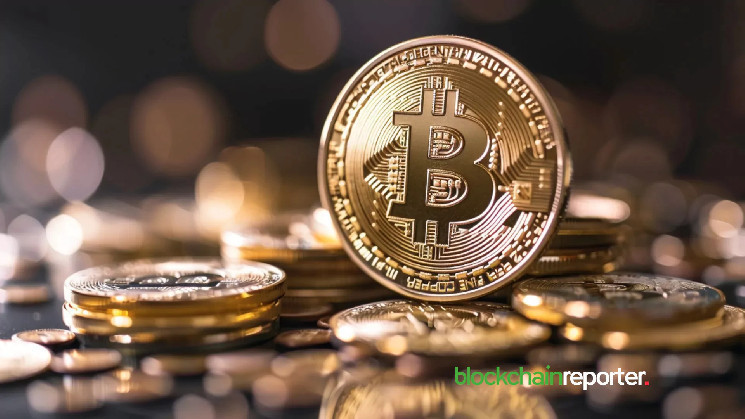Kaiko, a reputed cryptocurrency market data provider, revealed that Bitcoin (BTC) was at a 1% discount in the South Korean market last week. This recent decline has come to be referred to as the ‘Kimchi Discount,’ in contrast to the more common ‘Kimchi Premium’ in the Bitcoin market, in which the cryptocurrency trades at a higher price in South Korean exchanges than the rest of the world.
.@KaikoData’s latest report reveals that #Bitcoin briefly traded at a 1% discount in South Korea last week, marking the second discount since September.
This March, the premium hit 10% before settling at 1-2% in summer. pic.twitter.com/WlYlDLOQdV
— Satoshi Club (@esatoshiclub) October 31, 2024
Kimchi Premium: An Overview
Kimchi premium is defined as the gap in the price of Bitcoins in South Korean exchanges and global markets. This premium is usually attributed to the fact that there is a high demand for Bitcoins in South Korea because of its regulations, which do not permit investors to engage in cross-border arbitrage. It ranges from 1% to 2% but can rise during specific months.
Specifically, the Kimchi Premium increased when Bitcoin showed its upward trend, reaching 10% during March 2024 before going down to 1-2% in the summer. These variations can be attributed to low and high interest from retail investors in South Korea who invest in Bitcoin to mitigate inflation and economic instability.
Latest Dip: Bitcoin at a Discount
The latest slide into the discount area is the second time since September that Bitcoin has fallen below the zero mark as far as the Kimchi Premium, which underlines new changes in the South Korean market. This event may signal that the demand for the coin is waning within the region or there is a temporary liquidity crunch.
There are several reasons which may have an impact on such a decline in the Kimchi Premium, according to market experts. The global crypto market has recently seen more fluctuations, and South Korea has heavily regulated trading platforms. Another factor is South Korea’s financial authority’s measures to regulate cryptocurrency exchanges and increase compliance, which could also contribute to the reduced interest.
Implications of the Kimchi Discount
Although such a price drop is neither a signal of a permanent market shift, it does point to a development in the South Korean crypto market. The shift could mean more regulator pressures or market saturation as the South Korean Bitcoin market converges to global prices. If this discount continues, it may keep new retail investors away from markets and can result in lower trading in South Korean exchanges.
Market observers are eager to know whether the Kimchi Premium will go up again or not in the future. Kimchi discount shows that the South Korean Bitcoin market constantly changes due to internal or external circumstances affecting the demand for digital assets.

